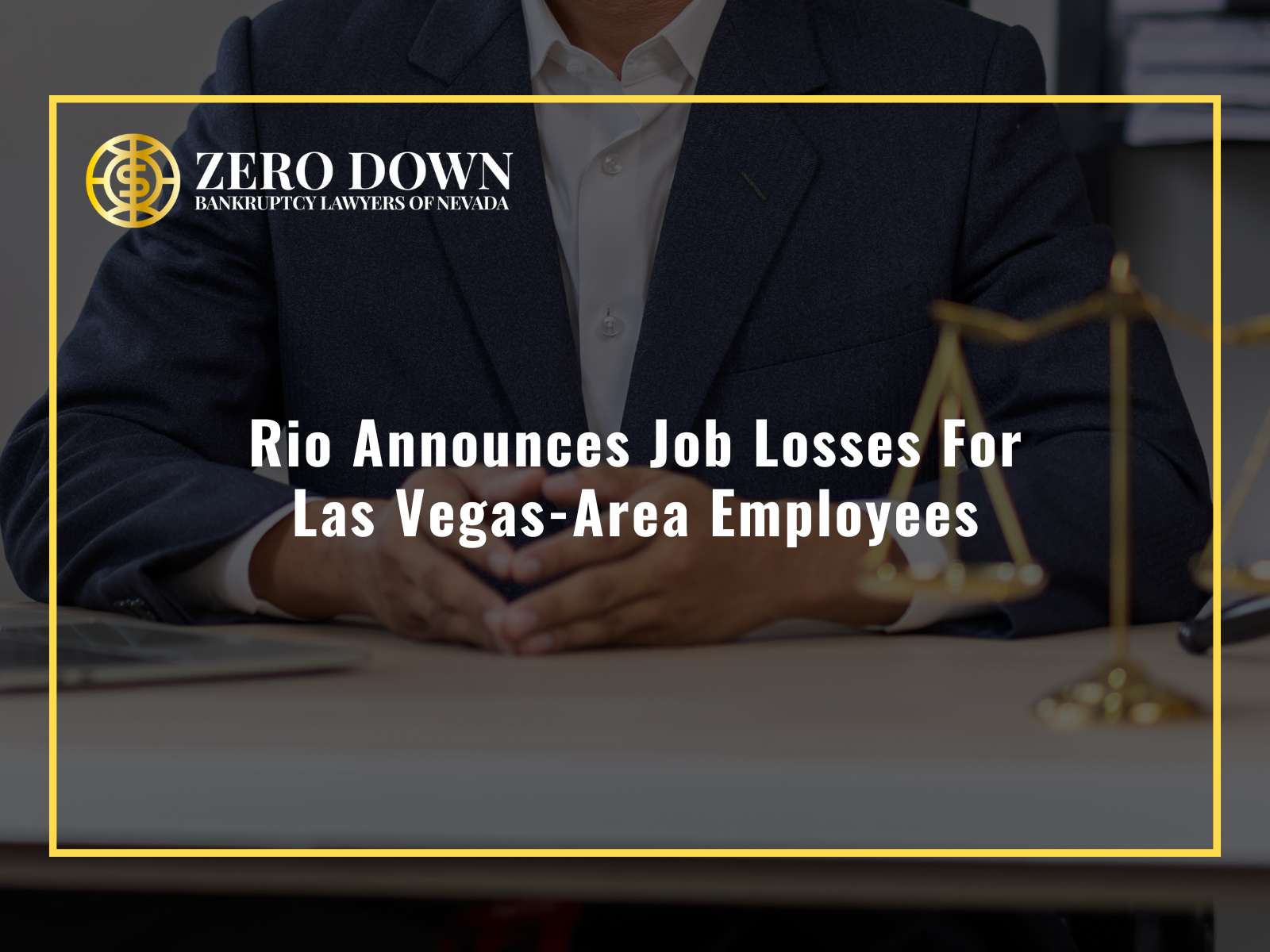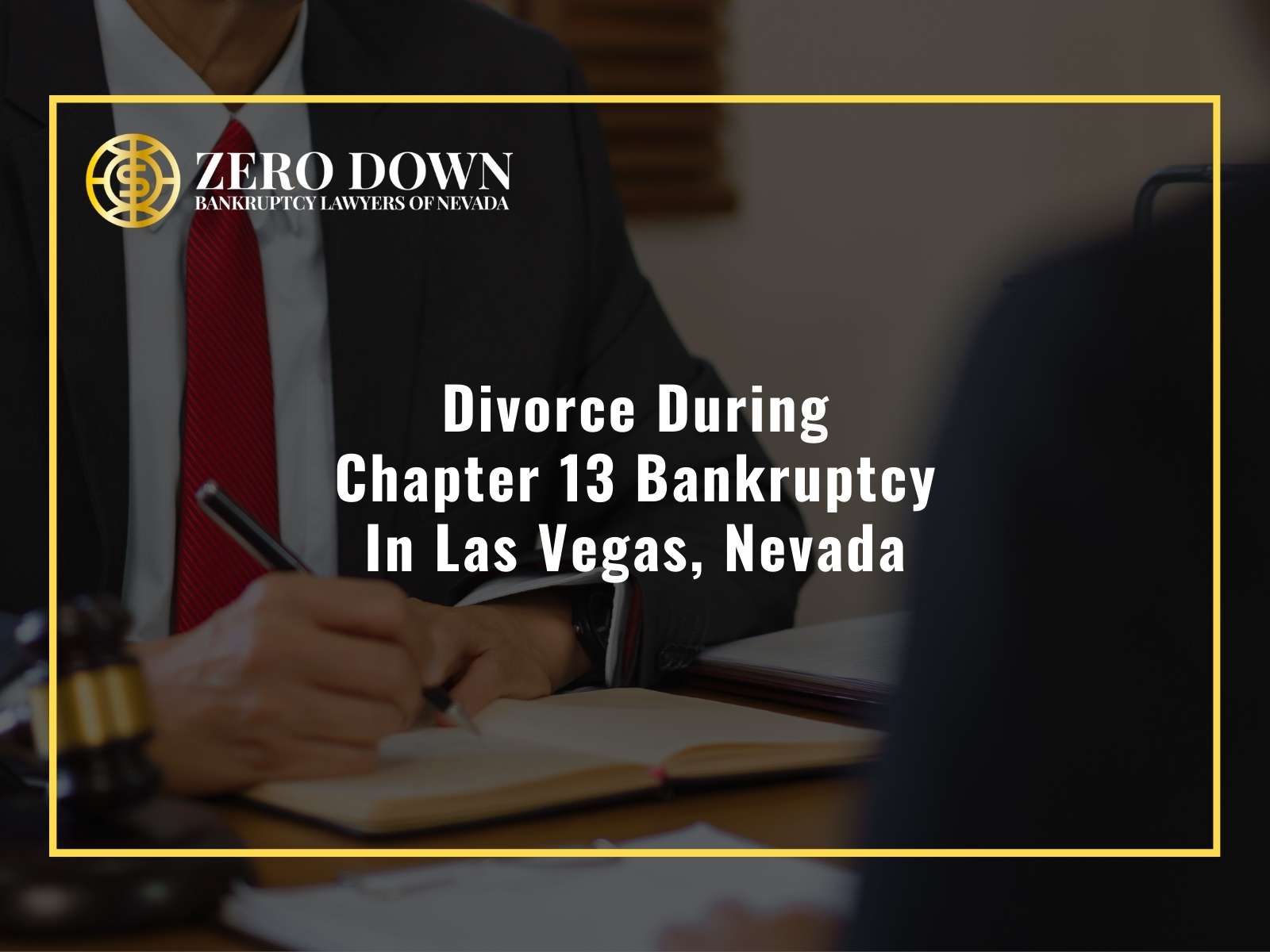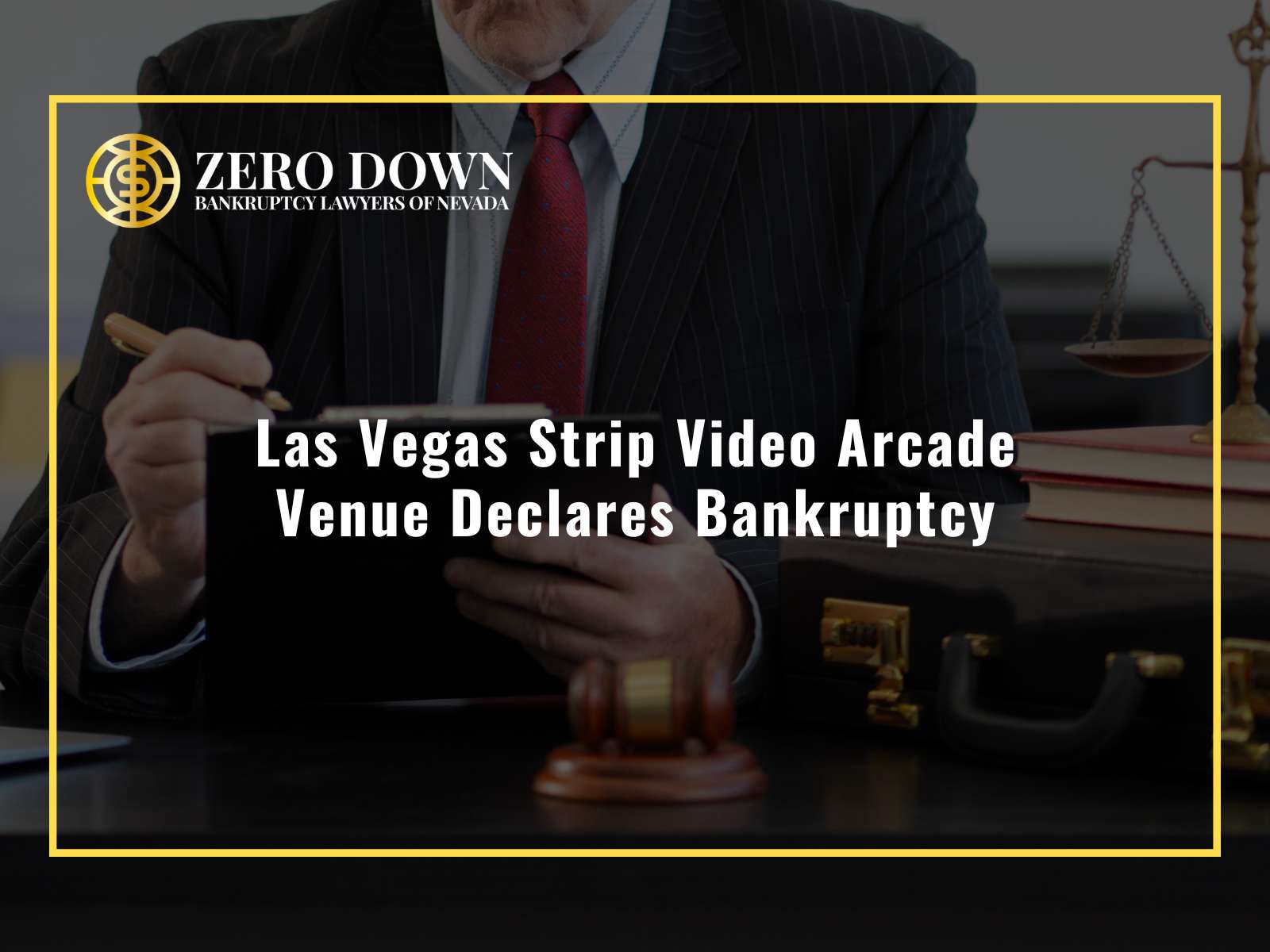Former Raiders Football Coach Finalizes Bankruptcy Deal With Creditors
When unexpected life events happen, it can change finances so that even someone with considerable means may no longer be able to keep up with their monthly payments. Even someone with a high salary can end up drowning in debt if their expenses are proportional to their income. For the average individual, chapter 7 bankruptcy may be an option to clear financial burdens and start over with a clean slate. But a debtor must meet certain income restrictions to qualify for chapter 7 bankruptcy in Las Vegas. This usually precludes individuals who work in certain industries, such as professional sports. Athletes and coaches for college and professional sports teams earn hundreds of thousands of dollars per year, if not millions. But even the well-off occasionally need legal protection from creditors like that provided by the automatic stay in bankruptcy. Read on to learn more about this high-profile bankruptcy case with ties to Las Vegas. To schedule your free consultation with an experienced Zero Down Las Vegas bankruptcy lawyer, call 702-842-0700.

Antonio Pierce’s Bankruptcy Case
Antonio Pierce was the head coach for the Las Vegas Raiders in 2023 and 2024, after formerly winning the Super Bowl with the New York Giants as a linebacker in 2007. These on their own are highly lucrative careers, but Pierce also invested in car dealerships in the 2010’s. What may have started off as a worthwhile investment eventually went sour, leaving Pierce with judgments in the millions of dollars against him. His wife, Jocelyn, filed for bankruptcy last year when creditors began attempts to collect the debt by garnishing Antonio’s wages.
While the Pierces’ bankruptcy case was filed in 2024, was dismissed this year on April 29. During that time, the Pierces were able to negotiate payment agreements with their two primary creditors, Hyundai Capital America and Nissan Motor Acceptance Company. They were able to hold off collection efforts during the lapse in the automatic stay by making preliminary payments for their plans in the amount of $750,000. Nissan will receive $4.5 million out of its $22.4 million judgment, payable in biannual installments of $500,000. The Hyundai judgment is for $5.8 million, but the Pierces agreed to pay $2.7 million in $130,000 quarterly installments. After reaching these agreements, the bankruptcy case was formally closed on May 30. To ensure payment on the agreements, the Pierces attached their three homes in California and one home in Arizona as collateral.
Stopping A Wage Garnishment With Bankruptcy
Most people who file for bankruptcy will have a far different experience than Antonio and Jocelyn Pierce for a number of reasons. The Pierces own multiple homes to use as collateral for their creditor agreements, and had hundreds of thousands of dollars available to make payments that kept their creditors satisfied when their case was dismissed and they lost their protections from the automatic stay. For many debtors whose automatic stay lapses when their cases are dismissed, creditors strike while the iron is hot and collect on a debt before the debtor can refile. But one thing the Pierce bankruptcy has in common with a more typical bankruptcy debtor is that they were impelled to file due to an impending creditor collection effort.
The process for a wage garnishment begins when a borrower fails to make timely payments according to their lender agreement. After making informal attempts like calling the individual, the creditor may eventually file a lawsuit against the debtor in court. The debtor should be notified that a lawsuit has been filed against them and be provided with a hearing time and date. At this hearing, the debtor can present arguments and evidence if they disagree with the creditor’s claims against them. The judge will hear both sides and issue a ruling on the matter. If the debtor fails to attend the hearing, the judge can issue a default judgment in the creditor’s favor. Whether the creditor obtains a judgment through successful arguments or default, the creditor can take a judgment and ask the court to issue a writ of garnishment. This is served on the debtor’s employer, and payroll will begin automatically deducting a standard portion of the debtor’s paycheck to start paying off the creditor’s balance.
The amount that can be garnished from a debtor’s paychecks will depend on the type of debt. Some types of debt, like student loans, are capped at 15%, but standard creditors can take 25% of a debtor’s paycheck through a wage garnishment. The limit for a child support wage garnishment is typically higher than any other type of debt. If the debtor is struggling to get by with a wage garnishment in place, they can request the court lower it due to financial hardship, although there are limits on how low a court can reduce a wage garnishment. A wage garnishment lasts as long as it takes for the balance to be paid off, and in many instances, this balance will be inflated by late fees, legal costs, etc.
Once a wage garnishment starts, it can be highly difficult for the debtor to get out from underneath it. Other expenses don’t stop just because a quarter of their paycheck is automatically being skimmed off the top each payday. And if the debtor falls behind on other bills, their creditors can line up judgments with wage garnishments so that another one begins once the first one ends. Wage garnishments are one of the most reliable ways creditors can collect debts, so it is almost impossible to stop an active wage garnishment without paying off the debt. The good news is that most types of wage garnishments will stop when a debtor declares bankruptcy, thanks to the automatic stay. The automatic stay is a legal protection unique to bankruptcy that lasts from filing to discharge or dismissal, and prevents creditors from pursuing lawsuits, wage garnishments, repossessions, and more. Looking to stop a wage garnishment with bankruptcy in Las Vegas? Our team provides free consultations by phone and affordable payment options starting at Zero Dollars Down. Schedule your free phone consultation today at 702-842-0700.
Clear Your Debts With Confidence With Our Zero Down Bankruptcy Lawyers Of Nevada
Bankruptcy is meant to provide relief to those struggling with debt, but can provide stress and further financial issues if executed incorrectly. If your creditors see weaknesses in your case, they could challenge your petition in a way that allows them to proceed with collection. This is exactly what you’re trying to avoid if you’re seeking debt relief due to an action such as a wage garnishment. Don’t leave yourself vulnerable to issues that can arise throughout your chapter 7 or chapter 13 bankruptcy case if you don’t retain qualified counsel. Our Las Vegas bankruptcy team makes retaining a skilled bankruptcy lawyer more attainable than ever, thanks to our free initial consultations by phone and affordable payment plan options starting at Zero Dollars Down. Learn more about the benefits and drawbacks of declaring bankruptcy in Las Vegas, and see if you’re eligible for chapter 7 or chapter 13. Get scheduled with our Las Vegas Zero Down Bankruptcy Lawyers today by calling 702-842-0700.

Zero Down Bankruptcy Lawyers
Phone: (702) 842-0700
Email: info@vegaszerodownbankruptcy.com
Las Vegas Office
5552 Ashley Creek St
Las Vegas, NV 89135
North Las Vegas Office
7251 W Lake Mead Blvd
Las Vegas, NV 89128
Henderson
1489 W Warm Springs Rd #110
Henderson, NV 89014







